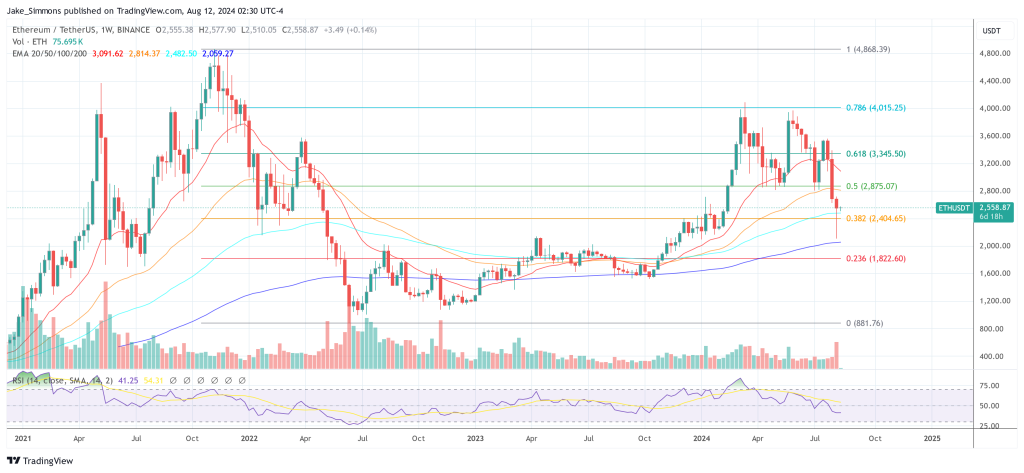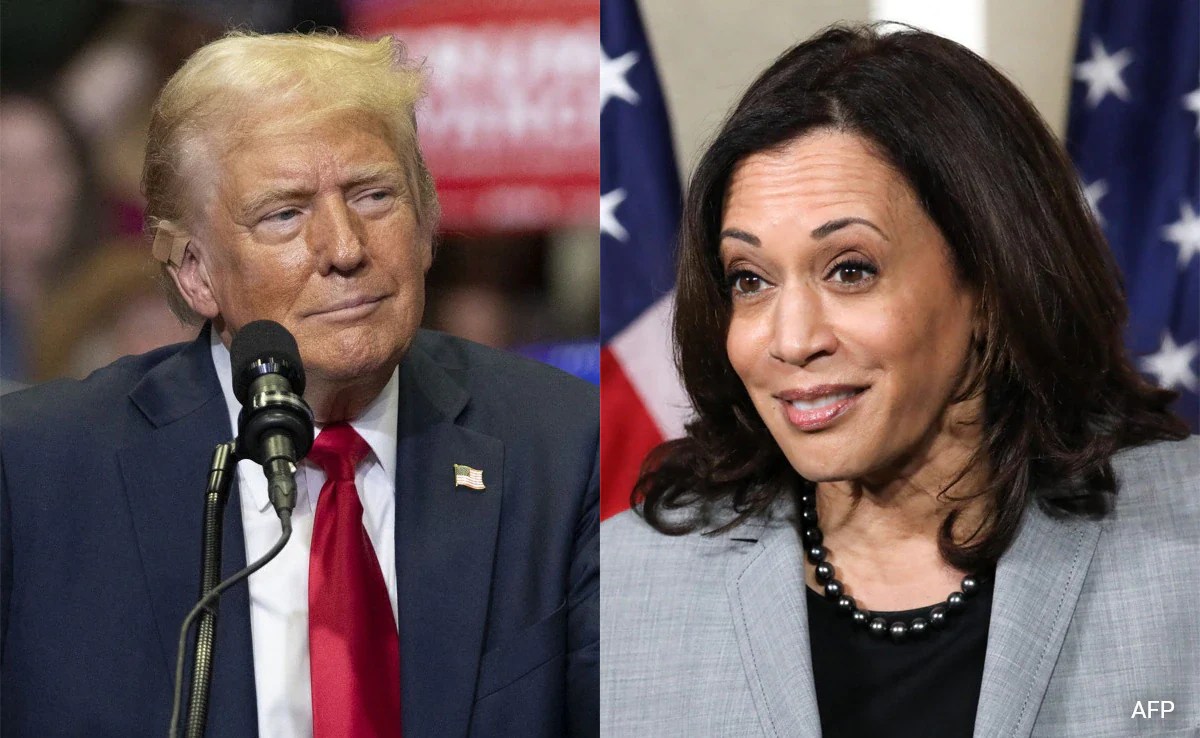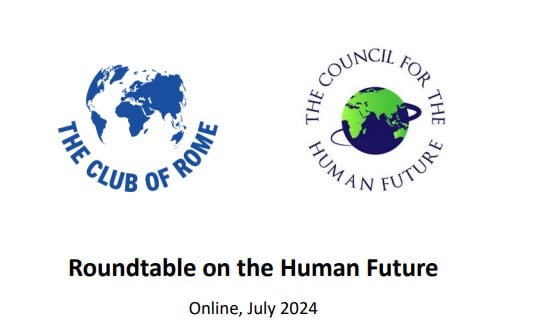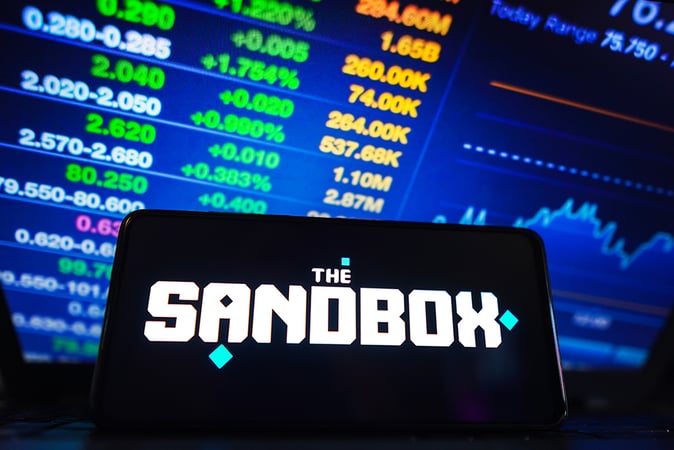On Polymarket, a leading decentralized crypto prediction market platform utilizing blockchain technology, there has been a significant shift in the odds concerning the upcoming US presidential election. Data now indicates that 52% of market participants back Kamala Harris as the likely winner, compared to 45% for Donald Trump, marking a stark reversal from earlier trends that strongly favored Trump. When Harris just announced her candidacy, the odds were only 33%.
What’s Happening On Crypto Platform Polymarket?
Nick Tomaino, the founder of 1confirmation, a venture fund focused on the crypto ecosystem, laid out an analytical perspective on these shifts. On X, Tomaino discusses the intricacies of prediction markets, emphasizing their capacity to aggregate diverse opinions from stakeholders who are financially invested in the outcomes. He stated, “Prediction markets reflect the aggregate view of many with skin in the game.”
Addressing the suspicions voiced by some commentators that dark money might be influencing these shifts to manufacture a false narrative of electoral trends, Tomaino provides a detailed rebuttal. “While it’s true that entities like Arabella Advisors have historically deployed substantial funds to influence elections—outspending their conservative counterparts by significant margins—the dynamics on Polymarket are different,” he explained.
Tomaino elaborates on the robust nature of the prediction market, which can withstand large influxes of capital intended to skew perceptions. “If Arabella wanted to put the entire $1.2 billion they spent in 2020 to make it look like it was 95% in favor of Kamala, sophisticated market makers would quickly absorb that liquidity to reflect the true market price,” he commented.
Tomaino underscores the efficiency of market mechanisms in maintaining equilibrium and reflecting a consensus view that resists easy manipulation. Platforms like Polymarket facilitate transparency and the traceability of all crypto transactions, thereby deterring manipulation through anonymous or untraceable means.
Anatoly Yakovenko, the founder of Solana Labs, questions the economic rationality behind spending vast sums to influence such a market. “Why spend 1 billion on something that obviously contradicts reality? What’s the cost to simply appear as the favorite within the margin of error?” he posed on X.
Responding to queries about the potential for temporary market distortions, Tomaino acknowledged that while significant funds can sway predictions momentarily, the market’s self-correcting mechanisms are swift and effective. “A few million can move from 45 to 55 for a moment in time. My point is that market makers will quickly move it back to true market price if that happens,” he clarified.
Another user differentiated between the perceptions generated by a subtle shift versus an overwhelming manipulation. “95% would look like a scam; 52% would look like a sentiment shift,” he observed.
Tomaino clarified: “I used $1.2B as the most extreme example. If it’s manipulation to 52%, it’s even easier for market makers to absorb liquidity and get it back to true number. The point is there are sophisticated market makers with incentives doing research, evaluating informed flow and uninformed flow, etc that keep manipulators in check. The same is not true for legacy and social media. Much easier to manipulate.”
At press time, Ethereum traded at $2,558.

Featured image from TheDailyGuardian, chart from TradingView.com















